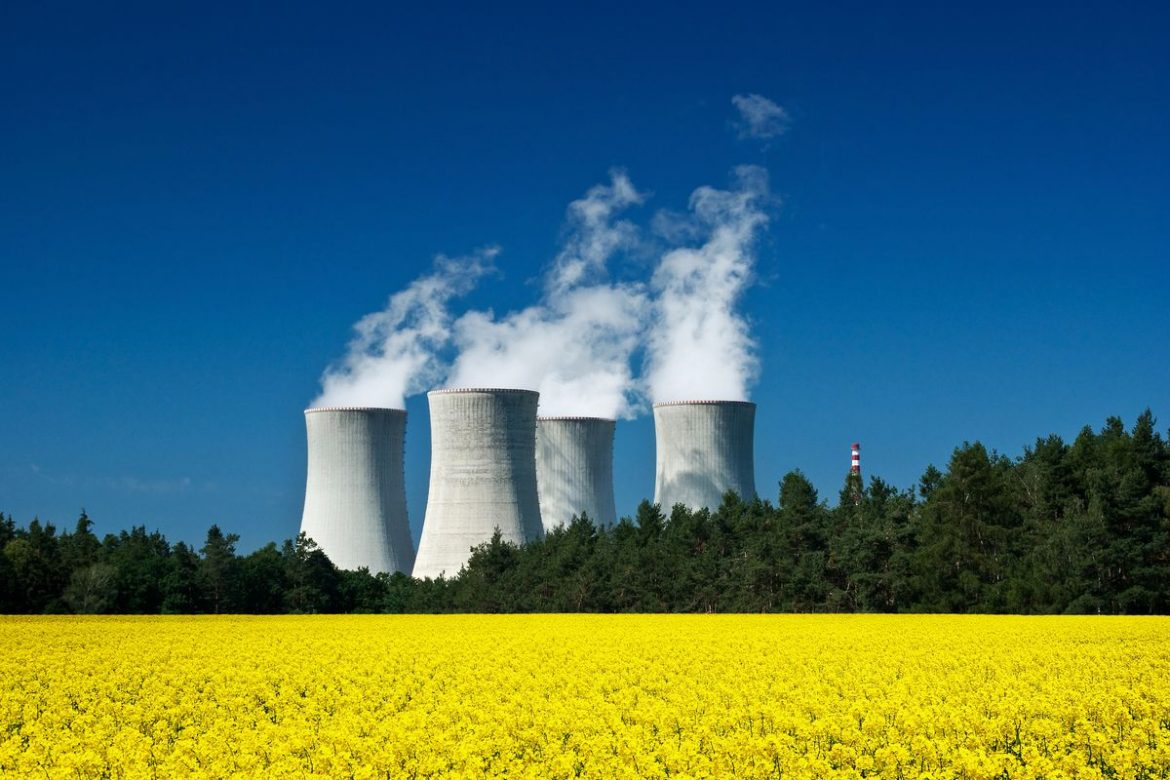The Swedish government is being criticised by environmental experts over its plan to build at least 10 nuclear reactors in the next 20 years, more than doubling the current number, saying it will be too expensive and will come too late to meet energy needs.
On Wednesday, the climate minister, Romina Pourmokhtari, announced that in order to meet its climate goals Sweden needed to double electricity production in the next two decades.
According to reports, the plan for 10 new reactors would mark a dramatic change from the country’s current capacity for nuclear power, with six reactors in operation in Forsmark, Oskarshamn and Ringhals accounting for about 30% of its electricity production.
Lars J Nilsson, a professor at Lund University and a member of the European climate advisory board, was quoted as saying that he disputed the government’s claim that the new reactors were needed and dismissed the move as “symbolic”.
“You cannot certainly say that we need 10 new reactors. Right now the expansion of electricity production in Sweden is through wind power,” he told the Guardian. “I don’t expect any new nuclear power in Sweden, unless the government provides quite far-reaching guarantees similar to what you have at Hinkley Point [in the UK].”
Read also: Greenpeace says Sunak’s govt will go down in history as failing UK on climate
The move, it is believed, was more about posturing than action, he said, claiming the government wanted to show it was taking action on meeting its climate goals. “I see it more as symbolic than actually creating any real change.”
“If the reactors were built the costs were likely to fall heavily on the Swedish taxpayer, said Nilsson. “Having been a hotly debated issue in the past, this latest announcement had had a “lukewarm response”.
He also stated that Sweden’s reputation as a green leader on the global stage was shifting, adding that the country will partly lose that profile, especially as the momentum and progressiveness is coming from the EU and Brussels.
The EU’s Fit for 55 plan legally requires member states to reduce emissions by at least 55% by 2030 and become “climate neutral” by 2050. Sweden’s Moderates agreed when they formed a coalition government with the Christian Democrats, Liberals and the far-right Sweden Democrats that more reactors would be permitted and that investments in nuclear power would be made profitable through credit guarantees and changes to pricing.
Story was adapted from the Guardian.
